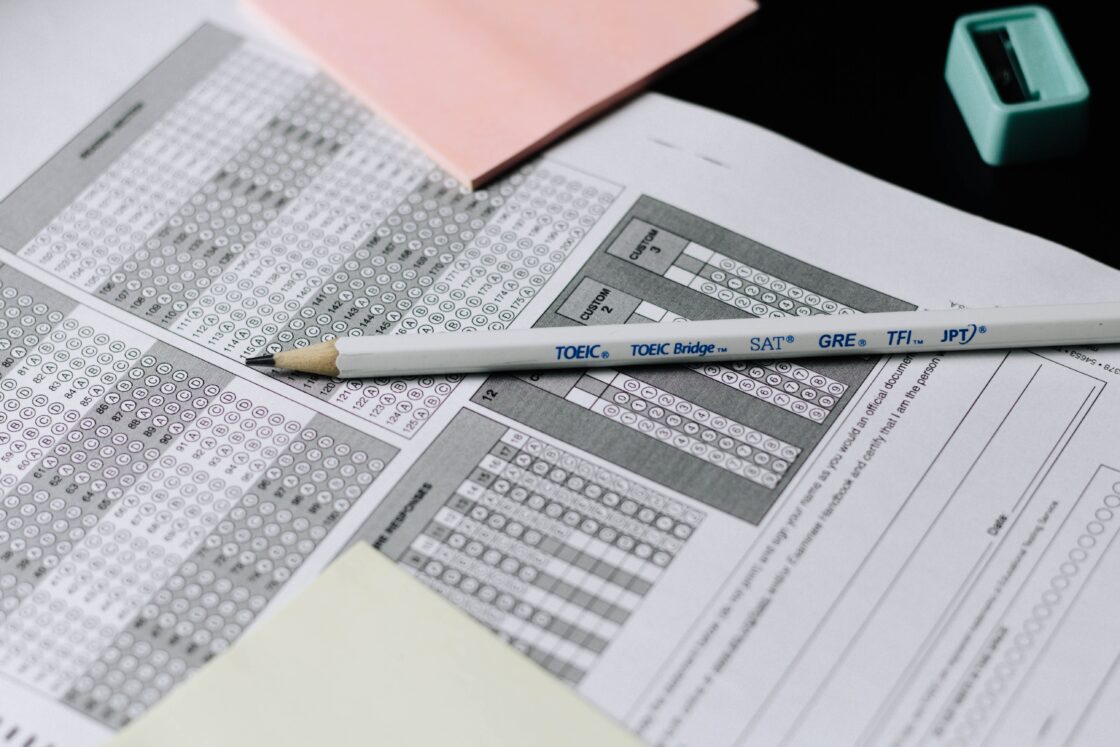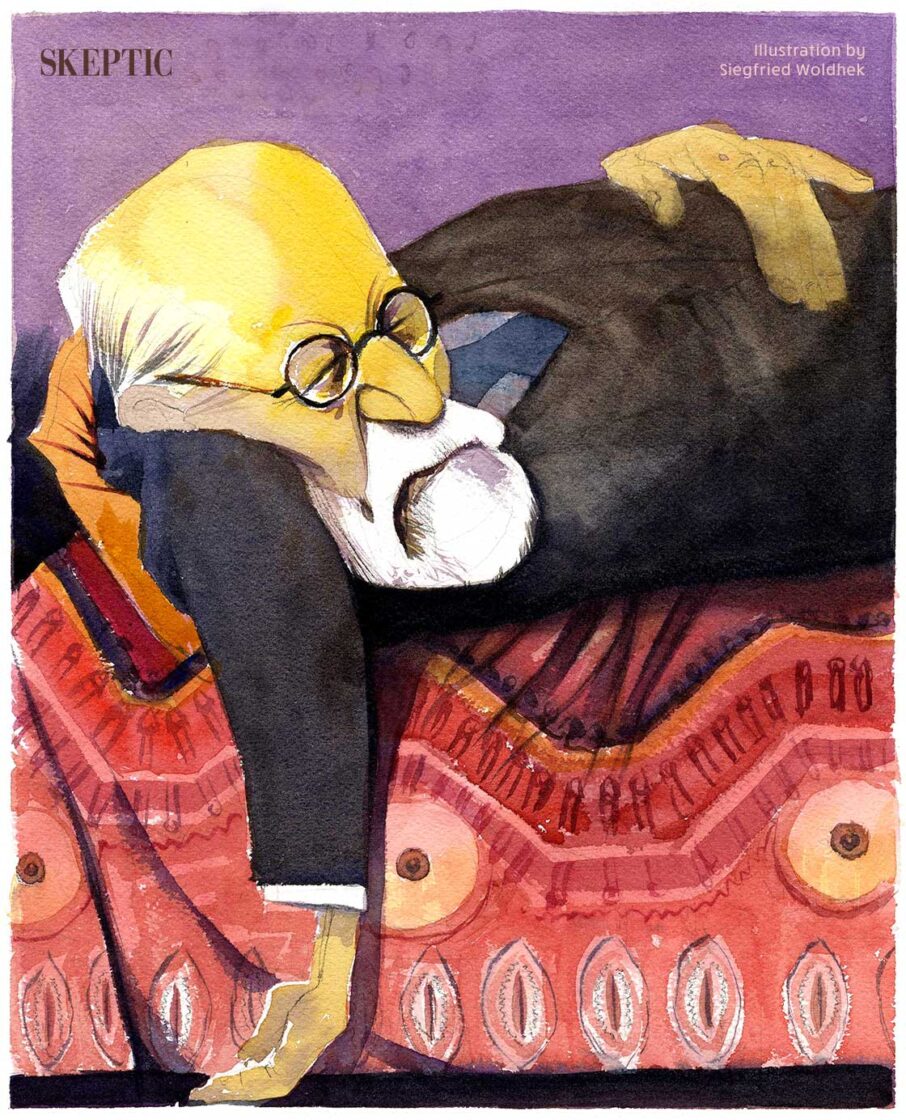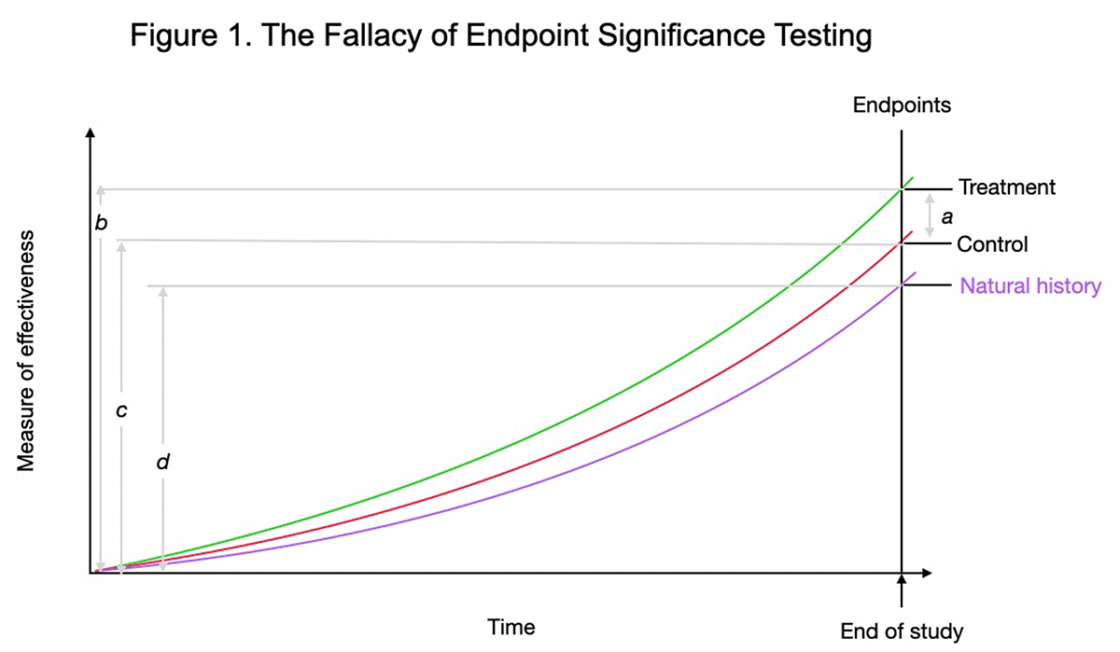efficacy

Media coverage often claims scholastic admissions tests (e.g., SAT, GRE) are inaccurate, inequitable, and ineffective because: (1) any racial/ethnic differences are caused by test bias; (2) tests don’t predict anything important; (3) tests merely reflect wealth not acquired skills or academic potential; so (4) admissions would be fairer without them. This article presents mainstream scientific evidence that each claim is false. Since admission test scores are the most resistant to bias, getting rid of them would make admissions less fair.

Is psychotherapy effective? Which of the many types is best? Are certain therapies better suited to treat certain problems? How can you rationally choose a therapist? Is it better to pick a psychiatrist, a psychologist, or some other type of counselor? There is a veritable cornucopia of individuals offering advice about mental health issues, from celebrities to life coaches to pastors to concerned friends, some with formal training and some with no credentials at all. Does psychotherapy ever make patients…

The origin of chiropractic medicine has long been under dispute, with most modern chiropractors denying that its purported founder, D.D. Palmer, copied osteopathy. Yet, the two schools of thought were nearly identical at their beginnings, and just a few hours apart by railway. Further, chiropractic was “discovered” the same year—1895—that the first class of the American School of Osteopathy (ASO) was graduated. Chiropractors dismiss the sudden emergence of chiropractic so near in time and space to the ASO as a…

For nearly 20 years, Michael Menke was an influential chiropractor. In this column, he describes a meta-analysis he conducted to evaluate the efficacy of chiropractic, which ultimately led him to abandon the practice and pursue a career in quantitative research.

Ever since the invention of Viagra for ED, there has been a scramble to find the female equivalent, whatever that would be, often described as “female sexual dysfunction.” In this article, the renowned social psychologist Carol Tavris reviews the many claims by pharmaceutical companies that they had created such a drug, and why the problem is so much more challenging than initially thought.

Harriet Hall, M.D. (aka the SkepDoc) reviews SCAM: So-Called Alternative Medicine by Edzard Ernst (UK: Societas. 2018. ISBN 978-1845409708).
In Science Salon # 30, Michael Shermer talks with University of Toronto psychiatrist Dr. Ralph Lewis about helping cancer patients cope without religion; Harriet Hall, M.D. reviews SCAM: So-Called Alternative Medicine by Edzard Ernst.
In this week’s eSkeptic, Gary J. Whittenberger investigates whether the prayer of Georgia State Governor Sonny Perdue correlates to an increase in precipitation and how likely it was to have actually caused the increase.
In this week’s eSkeptic, Michael Shermer reports on the findings of a recent scientific study that tested the efficacy of intercessory prayer.
In this week’s eSkeptic, the Commission for Scientific Medicine and Mental Health presents a follow-up study to a clinical trial on the efficacy of prayer therapy.














